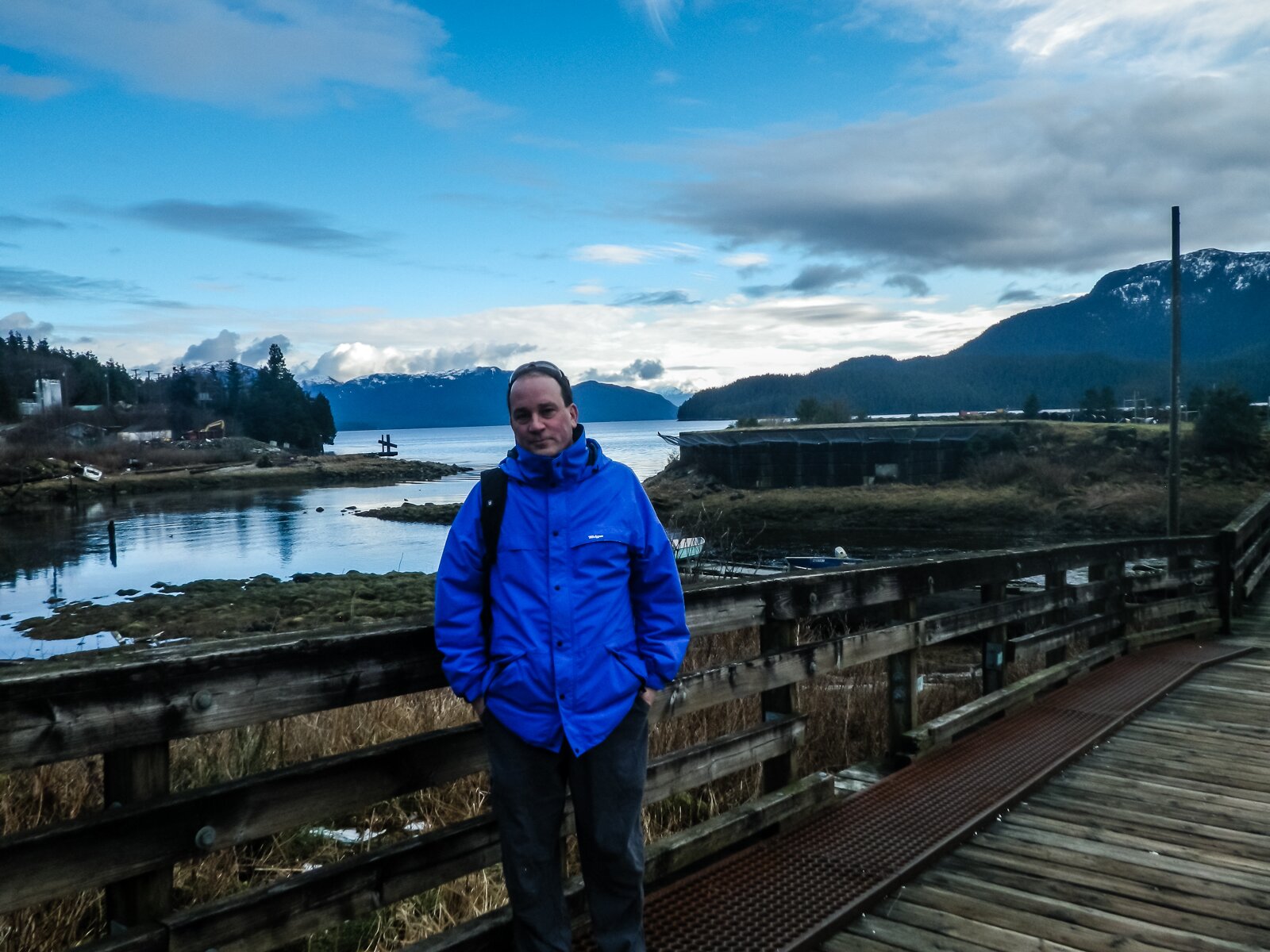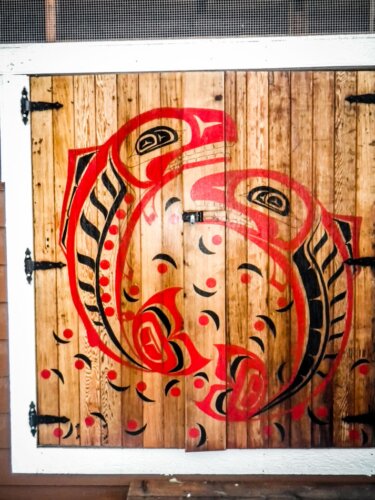First Nations Reporting 101: Take the time to listen
How to do the complex work of reporting in remote communities? Don't just come for the scoop. Instead, spend more time getting to know the locals as people: it's more valuable for everyone.

I have this recollection, early in my reporting career, of calling a remote First Nation in northern British Columbia, just as a controversial mine was moving forward within their traditional territory. I was on a tight deadline, but could not reach anyone. When I finally did, an annoyed voice on the other end of the line informed me that the band leadership would not be reachable. “They’ve gone fishing.”
I laughed to myself at the response. Fishing? It was a hot summer day in Vancouver, and man, I would have loved to book off and go fishing too! At that moment, I thought they were slackers.
What I didn’t appreciate was that, for people in that community, when the salmon come home, everything else, by necessity, stops. The fish caught during this narrow time-window will have to feed families all winter. Their absence from the phones that day was actually the opposite of slacking: they were busting their asses on the river to have what bookish city types like to call “food security.”
The challenge for a journalist is that you often have to write about First Nations without actually understanding where and how they live. And when you do get to visit, a well-meaning reporter must often suffer the collective sins of all the other rude, ignorant and/or stressed-out writers who have come before.
An example: in 1968, an American essayist named Edward Hoagland visited northern B.C., writing what would become my favourite book (Notes from the Century Before: A Journal from British Columbia), filled with stories from First Nations and early settlers. The impact of the book drew me to the sprawling Stikine River country 1,700 kilometres north of Vancouver in 2009, where I met up with author Wade Davis at his summer home.
“For 30 years after he wrote that book, the local people wouldn’t talk to a single writer who came through here,” said Davis of Hoagland. It was never clear to me whether Hoagland had betrayed the people's confidences, or whether his second-hand tales of First Nations were sensationalized or apocryphal. But for the many that would follow, the path was ruined.
On another trip up north, a woman in the Tahltan village of Iskut told me about picking up a German hitchhiker. “I have come here to study your primitive culture,” he told her proudly. (She kicked him out to study the primitive practice of walking.)

And so in early 2016, I travelled over 600 kilometres to Hartley Bay, B.C. to report as an Access to Energy Journalism Fellow. This remote north coast community was the centre of world media coverage in 2006, when a passenger ferry called the Queen of the North sank just offshore. The community members took it upon themselves to save the passengers, at their own personal risk, getting into their fishing boats to race to the site. Their community centre became a disaster control centre and makeshift hotel for the survivors.
The disaster marked Hartley Bay’s baptism of fire into the unsavoury world of disaster-chasing deadline journalism. Not long after the incident, the phones started to ring. And ring. Harried journos from all over the world, racing to get the first details of the rescue, harassed the community for days. Locals soon found their phone system paralyzed by the incoming demands of deadline-stressed reporters. The second the furor died down, the reporters moved on.
Dropping down here in 2016 to cover energy was an altogether different thing: I had the permission of the band council to be here, knew the political champion of the project beforehand, and was billeted in the home with one of the community’s most able band councillors, Cam Hill. Still, stepping off the ferry to what seemed to be the entire village waiting for packages and supplies from Prince Rupert was daunting.
On my first night here, Cam invited his parents over for dinner. They are amazing people — intellectual, charming and very warm. Cam’s dad is a hereditary chief, with intimate knowledge of the community and its attempts to get their hydro project off the ground. We talked for an hour after dinner about food, which is more than germane to my assignment. They rely on electricity for everything they eat — to preserve the fish, shellfish, moose, deer and even seaweed they harvest throughout the year. (Cam has five freezers buzzing away in the background as I type this, and his parents have had up to 11.) Energy here is an economic issue, but it’s more than that — it’s about survival in a harsh, remote environment.
At points during our conversations (we talked every night after dinner) I was tempted to pull out my pad and write down some of the details, but I didn’t. Doing that would have transitioned this conversation from post-dessert relaxation to business, and I was hesitant to put the brakes on our conversation, which I was enjoying so much. Besides, I finally realized that the key to writing about a place like Hartley Bay is to take the time necessary to understand how its people live first.
